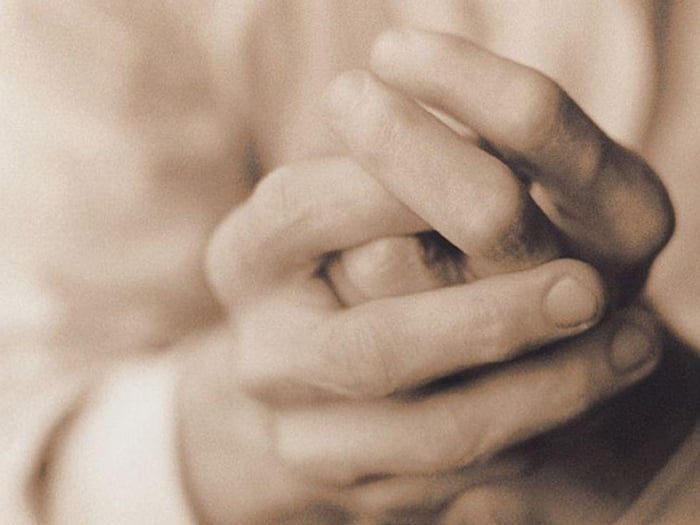Annoyed When Watching Others Fidget? You’re Not Alone

FRIDAY, Sept. 3, 2021 (HealthDay News) -- If other people's fidgeting drives you nuts, you may be one of many people with a condition called misokinesia, which means "hatred of movements," Canadian researchers report.
They conducted experiments with more than 4,100 people and found that about one-third have the condition.
Typically, folks with misokinesia "experience reactions such as anger, anxiety or frustration" watching other fidget, said study senior author Todd Handy, a psychology professor at the University of British Columbia (UBC).
Some even "report difficulty and reduced enjoyment in social situations, work and learning environments," he said in a university news release. In some cases, people might "even pursue fewer social activities because of the condition," Handy said.
The effects of the condition appear to increase with age, Handy added.
"This study is the first of its kind on misokinesia," said study lead author Sumeet Jaswal, a Ph.D. student in UBC's department of psychology. "Surprisingly, scientific research on the topic has been lacking."
Mirror neurons may play a role in misokinesia. These brain cells activate when a person moves, but they can also activate when a person sees others move.
"These neurons help us understand other people and the intention behind their movements," Jaswal explained in the release. "They are linked to empathy. For example, when you see someone get hurt, you may wince as well, as their pain is mirrored in your own brain and that causes you to experience their emotions and empathize with them.
"A reason that people fidget is because they're anxious or nervous, so when individuals who suffer from misokinesia see that, they may mirror it and feel anxious or nervous as well," she added.
This aspect and possible genetic components to misokinesia are future research goals for the study authors.
"To those who are suffering from misokinesia, you are not alone. Your challenge is common and it's real. As a society, we need to recognize that a lot of you suffer silently from this visual challenge that it can adversely impact your ability to work, learn in school and enjoy social situations," Handy said. "It's a widely shared challenge that no one has ever really talked about. By starting this discussion, there is reason for hope in better understanding and outcomes."
More information
For more on misokinesia, go to Misokinesia.ca.
SOURCE: University of British Columbia, news release, Aug. 31, 2021
Related Posts
Swimming Pool Safety
Whether it's a backyard oasis or the gem of the community park, a swimming pool...
7 Factores del estilo de vida ayudan a prevenir la depresión
JUEVES, 14 de septiembre de 2023 (HealthDay News) -- Un estilo de vida...
Los niños con autismo también pueden sufrir problemas de memoria
MARTES, 11 de julio de 2023 (HealthDay News) -- Los niños con autismo tienen...
La mitad de las personas infectadas con ómicron quizá ni se enteraron, según un estudio
MIÉRCOLES, 17 de agosto de 2022 (HealthDay News) -- ¿Es usted una de esas...
